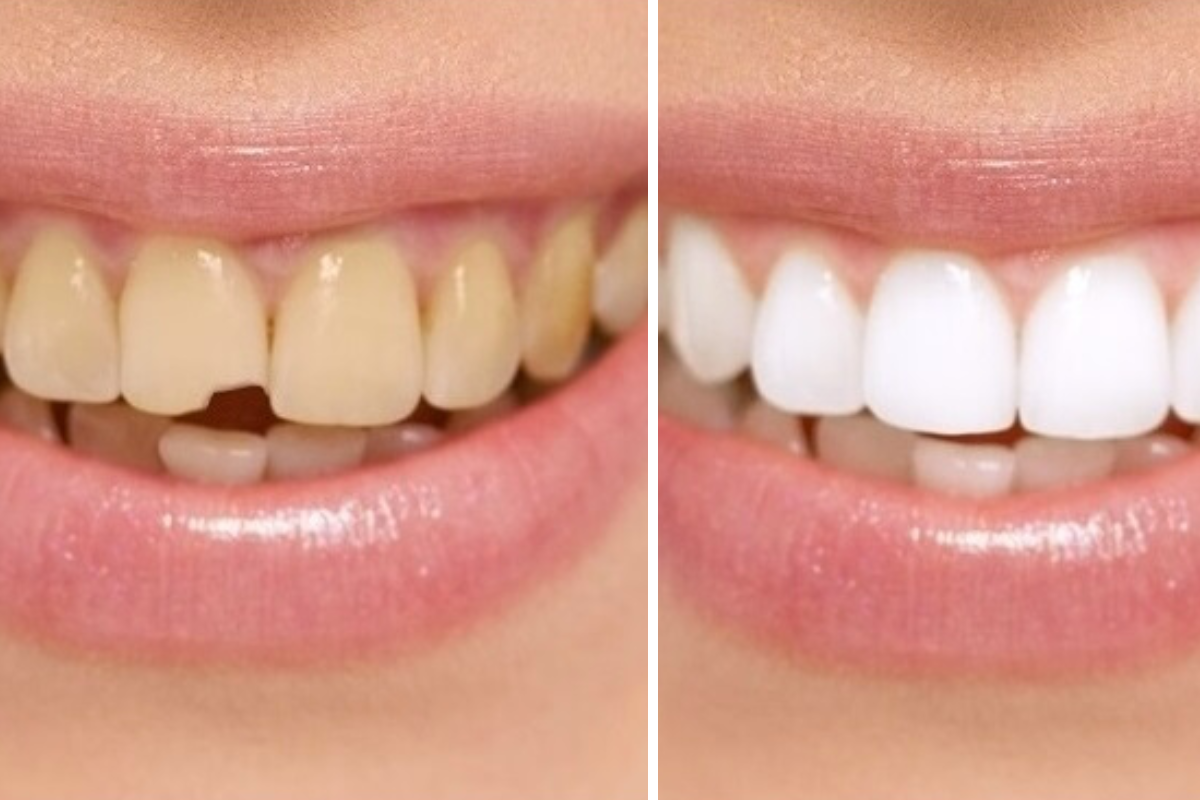
Visiting the dentist is often associated with adulthood or addressing problems as they arise. However, when it comes to children, early dental visits play a crucial role in their overall health and development.
These visits go beyond just inspecting teeth; they help instill healthy habits, detect early signs of potential issues, and make dental care a comfortable, routine part of life. Skipping early visits to a kids’ dentist could mean missing out on the benefits that come with preventive care and early detection.
In this blog, we’ll discuss why early dental visits are so important, what they involve, and how they can positively shape your child’s oral health and well-being for the future.
Importance of Early Dental Visits
The American Academy of Pediatric Dentistry (AAPD) recommends that children visit a dentist by the time they turn one year old or when their first tooth appears. Early dental visits are essential because they set the foundation for a lifetime of healthy teeth and gums.
Why So Early?
Many parents assume that since baby teeth are temporary, they’re not as important. However, primary teeth, also known as baby teeth, play a vital role in a child’s development. Here’s why:
- Proper chewing and nutrition: Healthy baby teeth help children chew food properly, which is critical for good nutrition.
- Speech development: Baby teeth are necessary for learning proper speech, especially for forming certain sounds.
- Guide for permanent teeth: Baby teeth act as placeholders for permanent teeth. Losing them prematurely can cause misalignment or crowding issues later.
- Preventing early decay: Baby teeth are more susceptible to cavities. Decay in primary teeth can cause pain and infection, affecting a child’s overall health.
What To Anticipate During the First Dental Visit?
The first visit to the kids dentist is typically brief and focused on introducing your child to the dental environment in a positive, non-threatening way.
Here’s what you can look forward to:
- Introduction to the dental office: The first visit allows your child to become familiar with the sights, sounds, and smells of a dental office, making future visits less intimidating.
- Examining the teeth and gums: The dentist will gently examine your child’s mouth to check for any signs of decay, alignment issues, or other oral health concerns.
- Assessing oral hygiene: The dentist will assess how well your child’s teeth are being cared for and provide advice on brushing techniques, appropriate toothpaste, and dietary recommendations.
- Addressing habits: Common habits like thumb sucking or prolonged bottle-feeding can affect oral health. The dentist may provide tips on how to wean your child off these behaviors before they cause damage.
This first visit is primarily about education—both for the parent and the child. The dentist will likely guide you through proper oral care routines, the importance of fluoride, and how to create healthy eating habits to support strong teeth.
Benefits of Early Dental Visits

Early dental visits offer numerous advantages for both children and parents. Here’s how regular dental care from an early age can benefit your child:
1. Prevention of Cavities
Baby teeth are highly prone to decay due to their thin enamel. Cavities can form quickly, and untreated decay can cause pain, infection, or even affect the development of adult teeth. Early dental visits help catch any potential cavities before they worsen, making treatment easier and less invasive.
2. Development In Good Oral Hygiene Habits
Teaching good dental hygiene habits starts early. A pediatric dentist can offer practical advice on brushing techniques and flossing that are appropriate for a child’s age. Learning the right habits early ensures that your child will continue to care for their teeth as they grow older.
3. Prevention of Dental Anxiety
Fear of the dentist is common among children, often due to lack of exposure or bad experiences. Starting dental visits early helps normalize the process and reduces the likelihood of dental anxiety. When children become familiar with the dentist’s office, tools, and procedures, they are less likely to feel anxious during future visits.
4. Monitoring Growth & Development
A kids’ dentist is not just looking at teeth—they’re also assessing the overall growth of your child’s mouth and jaw. Detecting any developmental issues early can prevent more complex problems down the road, such as crowding, bite problems, or the need for orthodontic work.
5. Prevention of Bad Habits
Children can develop habits like thumb-sucking or teeth grinding (bruxism), which can have long-term effects on their oral health. Early dental visits provide the opportunity to address these habits early and guide parents on how to discourage them.
Common Concerns Addressed During Early Dental Visits
During these visits, parents often have many concerns and questions about their child’s oral health. Early visits provide an opportunity to get expert guidance on these issues, such as:
- Teething discomfort: Learn ways to soothe your child during teething and understand the timeline for tooth eruption.
- Tooth-friendly diets: Discover foods that promote strong teeth and those that increase the risk of cavities.
- Pacifier use: Understand how pacifier use affects oral development and when to wean your child off it.
- Fluoride: Get recommendations on when to introduce fluoride toothpaste and how much to use.
The Impact of Skipping Early Dental Visits
Skipping early visits to the kids’ dentist can lead to a number of preventable dental issues down the line, including:
- Undetected cavities: Cavities can form quickly in young children, especially if they have a diet high in sugary snacks and drinks. Left untreated, these cavities can cause pain and infection.
- Increased need for future dental work: Without regular monitoring, dental issues that are easy to fix early on can develop into larger, more costly problems.
- Negative associations with the dentist: Missing early appointments may make future dental visits more intimidating and anxiety-inducing for your child.
- Delayed treatment of developmental issues: Dental problems like misaligned teeth, bite issues, or even speech problems may go unnoticed if early visits are skipped.
Tips for Making Early Visits Successful!
Parents can take steps to ensure that their child’s early dental visits are positive experiences:
- Start early: Don’t wait until there’s a problem. Schedule your child’s first visit around their first birthday or when their first tooth erupts.
- Stay positive: Use positive language when talking about the dentist. Avoid using terms like “hurt” or “pain,” which may create anxiety.
- Prepare your child: Read books or watch videos about going to the dentist to familiarize your child with what to expect.
- Set a good example: Let your child see you brushing your teeth regularly, and make dental care a fun, shared activity.
Early visits to the kids dentist are essential for setting the foundation for a lifetime of healthy oral habits. They help prevent cavities, monitor your child’s development, and reduce the risk of dental anxiety.
Skipping these early visits can lead to more complex dental issues down the line, potentially affecting your child’s oral and overall health. By making dental care a routine part of your child’s life from an early age, you are investing in their future well-being.
Make that first appointment today—because the sooner you start, the better the outcome for your child’s dental health.




